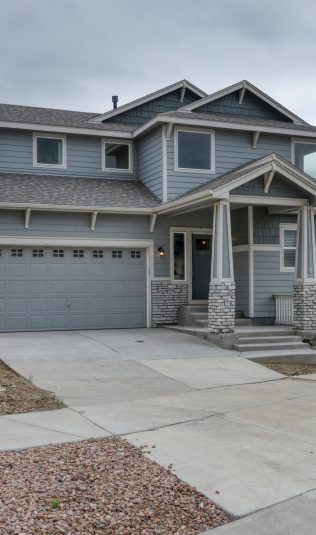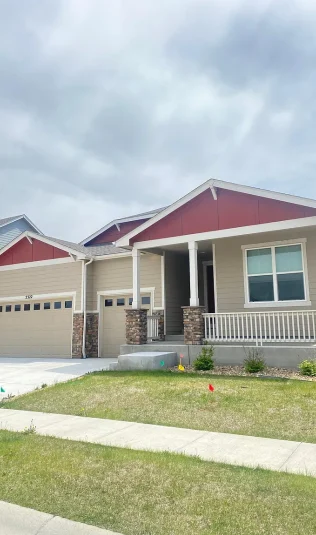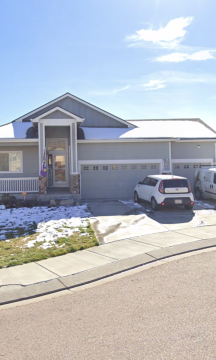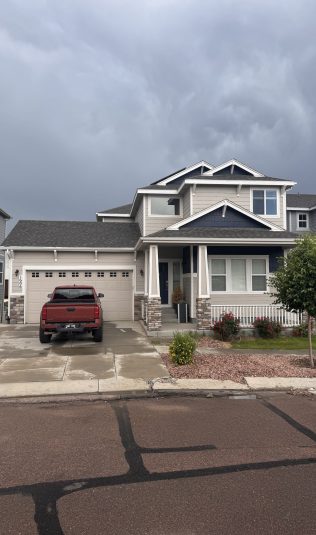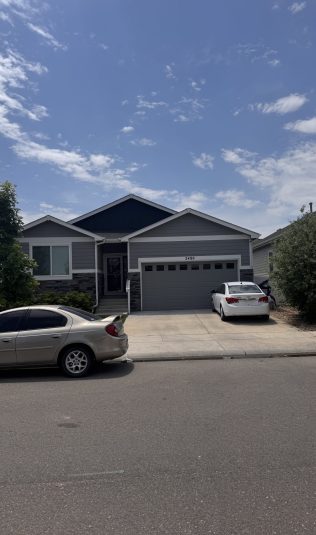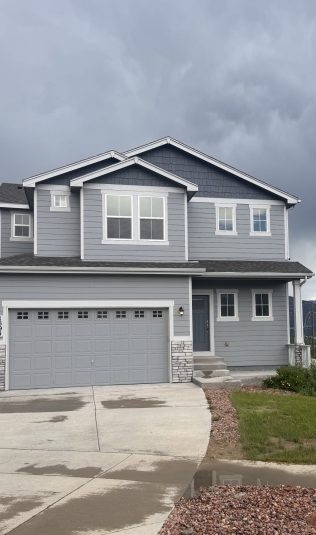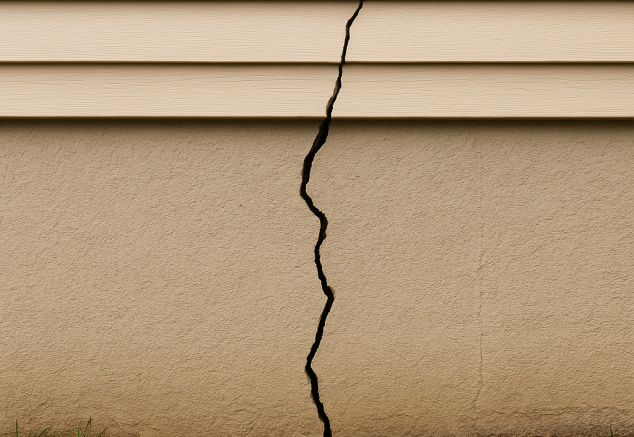
We BUY homes with BAD foundations.
We understand that foundation issues can be costly and time-consuming to repair, and we are willing to take on the responsibility of fixing them. If you have a home with structural or foundation problems that you are looking to sell, we would be happy to discuss purchasing it from you. Please reach out to us to learn more about our process and how we can help.
Checkout Our Process
We make selling easy


Within a few days we will send you a top dollar buyout option. We are happy to hear concerns and make adjustments if possible.

Checkout Repair Costs
Discover Your Repair Options as Well to Compare
If you'd like the option we are happy to also be your contractor to fix your foundation and repair any interior damage. We can give you an all-inclusive quote for exterior foundation fixes and interior finish fixes. We back up our work with transferrable warranties.
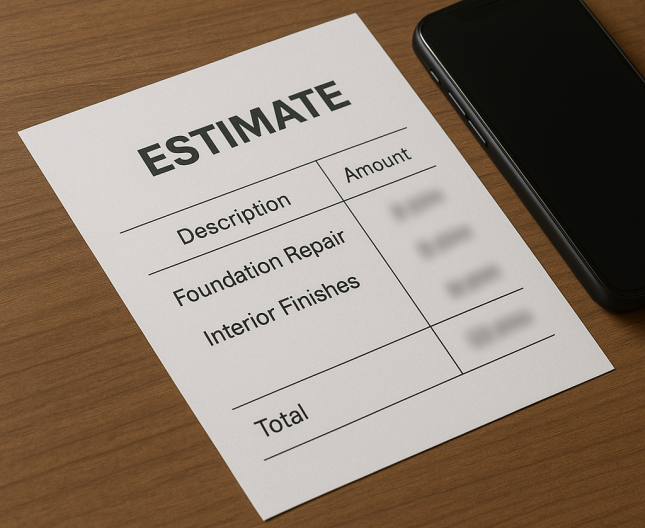

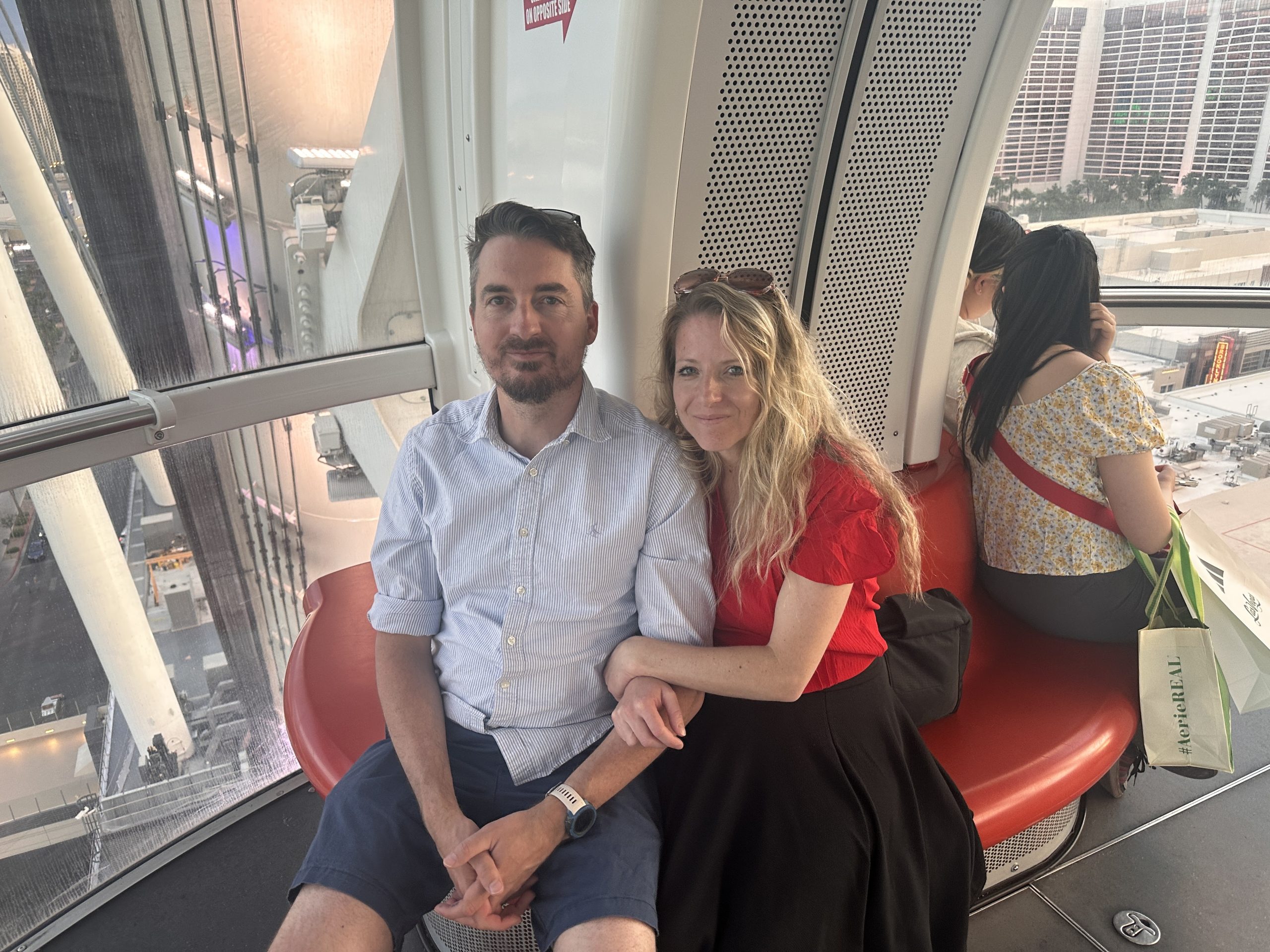
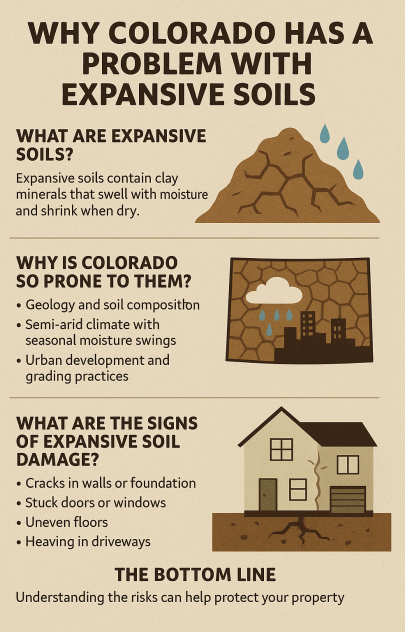
Why Colorado Has a Problem with Expansive Soils
If you live in Colorado and have ever dealt with foundation cracks, stuck doors, or uneven floors, there’s a good chance expansive soils are to blame. These soils are one of the most common — and costly — causes of structural damage in homes across the state. But what exactly makes expansive soils such a persistent problem in Colorado?
What Are Expansive Soils?
Expansive soils contain a high percentage of clay minerals — especially bentonite and montmorillonite — that swell when they absorb moisture and shrink when they dry out. This constant cycle of expansion and contraction puts stress on foundations, driveways, patios, and other structural elements.
Why Is Colorado So Prone to Them?
There are several reasons expansive soils are so widespread in Colorado:
1. Geology and Soil Composition
Much of Colorado’s Front Range and Eastern Plains are underlain by clay-rich soils formed from sedimentary rock, particularly shale. Over time, these rocks break down into fine-grained particles with high clay content. These native soils were here long before modern development — but when we build homes and roads on them, the trouble begins.
2. Semi-Arid Climate with Seasonal Moisture Swings
Colorado’s dry climate combined with seasonal rain, snowmelt, and irrigation creates sharp wet-dry cycles. After a period of drought, even a moderate rainstorm can trigger significant swelling in expansive soils. This seasonal variability leads to repeated heaving and settling beneath homes.
3. Urban Development and Grading Practices
In growing cities like Denver, Colorado Springs, and Fort Collins, development often disturbs natural soil profiles. Builders may cut into hillsides, import or move clay soils during grading, or create improper drainage conditions. Without proper mitigation — like deep foundations or moisture barriers — these changes make homes especially vulnerable to soil movement.
What Are the Signs of Expansive Soil Damage?
- Cracks in drywall, ceilings, or foundations
- Doors and windows that stick or won’t close properly
- Sloping or uneven floors
- Gaps between walls and floors or ceilings
- Heaving in driveways or patios
Can Anything Be Done?
Absolutely — but early action is key. Geotechnical testing before building is ideal, but for existing homes, solutions include:
- Installing helical piers or push piers to stabilize foundations
- Using interior or exterior drainage improvements to control moisture
- Applying moisture conditioning or soil stabilization treatments
- Repairing damaged slabs and cracks with polyurethane injections or epoxy sealants
The Bottom Line
Expansive soils are part of the landscape in Colorado — literally. But understanding the problem is the first step toward protecting your property. If you're seeing signs of soil movement or foundation damage, consult a specialist who understands Colorado’s geology and has experience with soil stabilization techniques. It’s not just about fixing what’s broken — it’s about building resilience for the long term.
Sign up for your own Free Consultation
There's no obligation, just more options

© copyright 2025 l Fort August Holdings LLC

